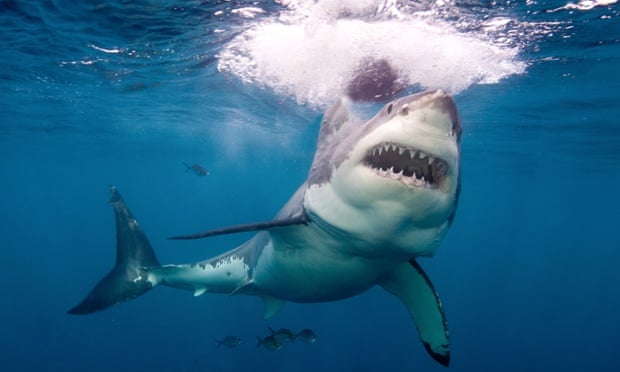Some of the UK’s most popular fish may be driven from the North Sea, and the
UK’s dinner plates, by rising temperatures, scientists warned on Monday.
Fishmonger favourites plaice, lemon sole and haddock are being pushed out of their traditional feeding grounds by rapidly warming sea temperatures. The waters of the North Sea have warmed by 1.3C in the past 30 years, four times faster than the global average. Since the 1980s landings of cold-adapted species have halved.
Flatfish, such as plaice and sole, live on the shallow, muddy bottom of the southern North Sea. As the sea warms some species are being driven further north. But the rockier, deeper seas to the north are unsuitable habitat for these bottom feeders. With North Sea temperatures set to increase another 1.8C in the next half century, a team of scientists from Exeter University believes the fishing industry for these species is likely to collapse.
“For flatfish there’s really not anywhere to go. They’re kind of squeezed off
the edge of a cliff,” said study author Dr Steve Simpson who is a senior
lecturer in marine biology. “In terms of being commercially viable, I doubt
these fisheries can continue for much longer.”Fishmonger favourites plaice, lemon sole and haddock are being pushed out of their traditional feeding grounds by rapidly warming sea temperatures. The waters of the North Sea have warmed by 1.3C in the past 30 years, four times faster than the global average. Since the 1980s landings of cold-adapted species have halved.
Flatfish, such as plaice and sole, live on the shallow, muddy bottom of the southern North Sea. As the sea warms some species are being driven further north. But the rockier, deeper seas to the north are unsuitable habitat for these bottom feeders. With North Sea temperatures set to increase another 1.8C in the next half century, a team of scientists from Exeter University believes the fishing industry for these species is likely to collapse.
For haddock, the North Sea is already its southern limit. Their fishery, and much of the UK’s supply, is increasingly coming from Norwegian, Faroese and Icelandic waters.
The study assessed future distributions of 10 common North Sea fish species and predicted a general trend of decline. By including habitat requirements into its modelling, the new research confounds previous assertions that fish species will simply be able to shift northwards as the oceans warm.
Dr Peter Richardson, biodiversity programme manager at the UK’s Marine Conservation Society, said the study “rightly questions the assumption that species can simply head polewards as waters warm” and called for stronger catch limits to ensure the North Sea’s native species remained sustainable for as long as possible.
“Our fisheries are worth billions, providing an important and healthy source of protein, yet European governments (including the UK) consistently fail to follow scientific advice and set total allowable catches over and above the sustainable limits advised by their fisheries experts. We cannot continue to be so cavalier with such a valuable resource and expect it to be resilient to the impacts of climate change,” he said.
The Exeter team has previously found that sardine, anchovy, squid and cuttlefish are likely to become staples of the UK fishing industry.
Simpson said their study, published in the journal Nature Climate Change, had confirmed the changing ecology of the North Sea.
“We will see a real changing of the guard in the next few decades. Our models predict cold water species will be squeezed out, with warmer water fish likely to take their place. For sustainable UK fisheries, we need to move on from haddock and chips and look to southern Europe for our gastronomic inspiration,” he said.
Separate research released last week found cod increased dramatically in recent years. Cod is an apex predator and a heavily-fished species. These interactions confounded modelling, said Simpson, and the study could not predict its future under a warming climate.
Angus Garrett from seafood industry body Seafish said the new research was valuable, but the future for many fisheries remained uncertain.
“Temperature change is clearly influencing fisheries and ought to be considered in fisheries management. How temperature is considered and the modelling of impacts is likely to be a continuing debate but we welcome this contribution to the evidence base,” he said.
